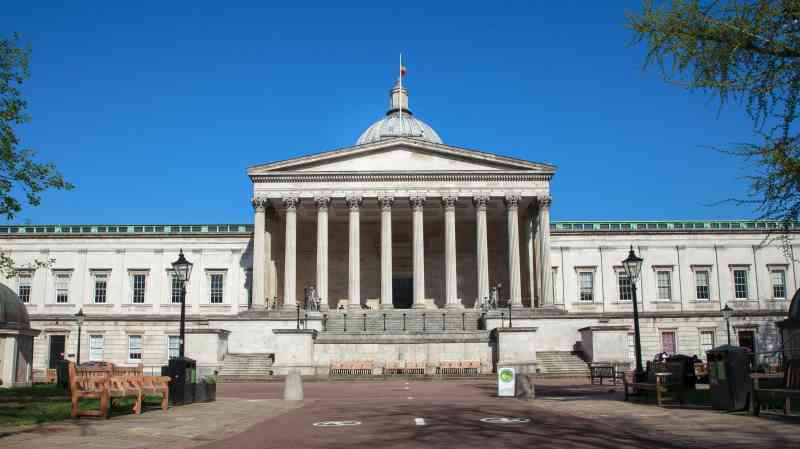A spin-out of University College London has raised £10 million to build a technology that could make data centres dramatically more energy-efficient, helping to cut the escalating electricity demand of artificial intelligence.
Oriole Networks will seek to commercialise the discovery by Professor George Zervas at UCL of a new way to send data between computers.
In conventional data centres, computers communicate with each other through ethernet cables like those attached to internet routers. These cables cannot carry data at the rate the computers can produce it, creating a bottleneck, and they are also energy-inefficient, accounting for between a fifth and a half of the data centre’s total electricity consumption.
Zervas has worked out how to replace them with light beams running along fibre-optic cables. James Regan, the company’s chief executive, said this innovation cuts the electricity demand of data transmission by 97 per cent, enabling some data centres to cut their overall electricity usage almost in half.
Regan added that the technology could help train artificial intelligence programs one hundred times faster, by allowing computers to pass data between themselves at the speed of light. He said that the company’s technology is “an easy upgrade to existing systems”.
Concerns are mounting about the increasing energy demands of AI. Training the programs uses a lot of energy because they require so much data to be passed back and forth between computers.
Zervas, the company’s chief technology officer, said: “AI computation needs are increasing by 10 times every 18 months.” The world’s data centres already consume as much electricity as the UK, while the International Energy Agency expects electricity consumption from data centres, AI and cryptocurrencies to double between 2022 and 2026.
Regan said that data centres have become so energy-hungry that they are “hogging the power, so that there’s none left for towns and cities any more”. Many jurisdictions, including Ireland, Germany and China, have decided to limit the number of data centres that can connect to the grid.
Oriole, founded in April last year, will use the money raised from the UCL Technology Fund, Clean Growth Fund, XTX Ventures and Dorilton Ventures to expand its facilities in Paignton, Devon.
Regan said: “This is an amazing technology answering the question of how we can have more generative AI without burning the planet down.”
